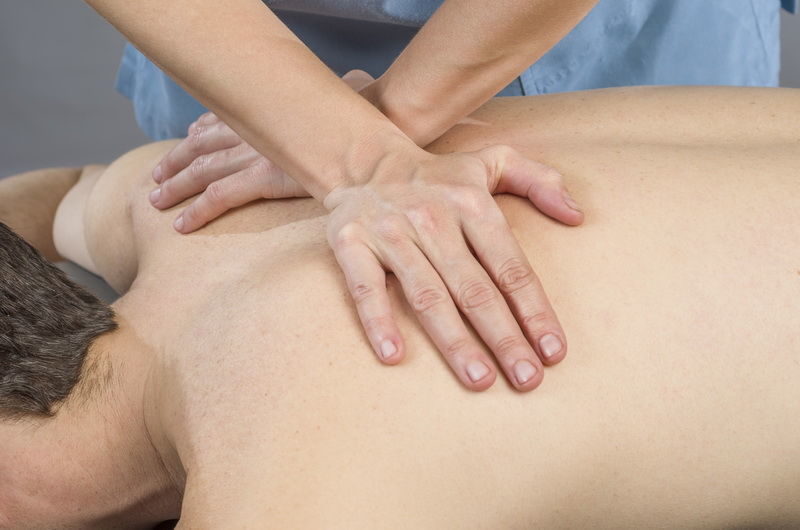Considering the field of manual therapy if you’re experiencing muscle aches and pains, you’re spoilt for choice. But the big question is: who should you go and see?
First-time patients don’t always fully understand the difference between a Chiropractor, a Myotherapist and a Remedial Massage Therapist. The easiest way to understand the difference is to concentrate on the area of concern. As professionals, a Chiro, Myo and Remedial Massage Therapist treat many of the same conditions using different approaches.
For an ongoing, more serious injury, your doctor might be best suited for a diagnosis at first as medication can often be the answer or quick fix you’re looking for. But if you've injured yourself at work, at home or during physical activity, then you might want to consider another health care professional.
Chiropractic work focusses on manually adjusting the spine, which helps to treat musculoskeletal problems throughout your body. If your pain is back or neck related, then a Chiropractor might be your best option. With four years of tertiary education under their belt, chiropractors often treat clients with restricted movement where massage therapy cannot. By focusing on the relationship between the body and the function of the body, your Chiro can help you with movement, support, coordination and control.
Remedial massage involves the treatment of your muscles, in the form of a massage. If your injury is moderate and has resulted in muscle pain, then a massage can help you reduce and manage the pain and tension. Massage helps to increase blood flow to muscles which can, in turn, help the body heal itself quicker. And more importantly, who doesn't love a massage? As a way of assessing your muscle health, your remedial therapist provides you with hands-on treatment and uses techniques to alleviate some, if not all, of your muscle pain.
I think where most people get confused is when it comes to Myotherapy vs Remedial Massage. To become a Myotherapist, you need a diploma or certificate in remedial massage therapy first. Your Myotherapist then completes a course in myotherapy. Although similar to remedial massage, myotherapy focuses on the myofascial – tendons and ligaments that surround and separate the muscles. Any soft tissue or muscle pain with symptoms of constant aching, muscle tightness and stiffness, numbness or tingling can be helped by a myotherapy treatment. If there is a particular injury, you're trying to overcome, then a Myo may be your go-to. But don’t be fooled, myotherapy massages can be far from relaxing. With their knowledge of anatomy, your therapist certainly knows how to get stuck into all the right places, often not the most comfortable ones.
Whichever professional you choose to see depends entirely on your symptoms. It’s always best to get a professional opinion before making a self-diagnosis or worse resorting to Dr Google for an answer. The great thing about all three practitioners is that you don’t need a referral from your doctor to make your appointment. So, get booking.

